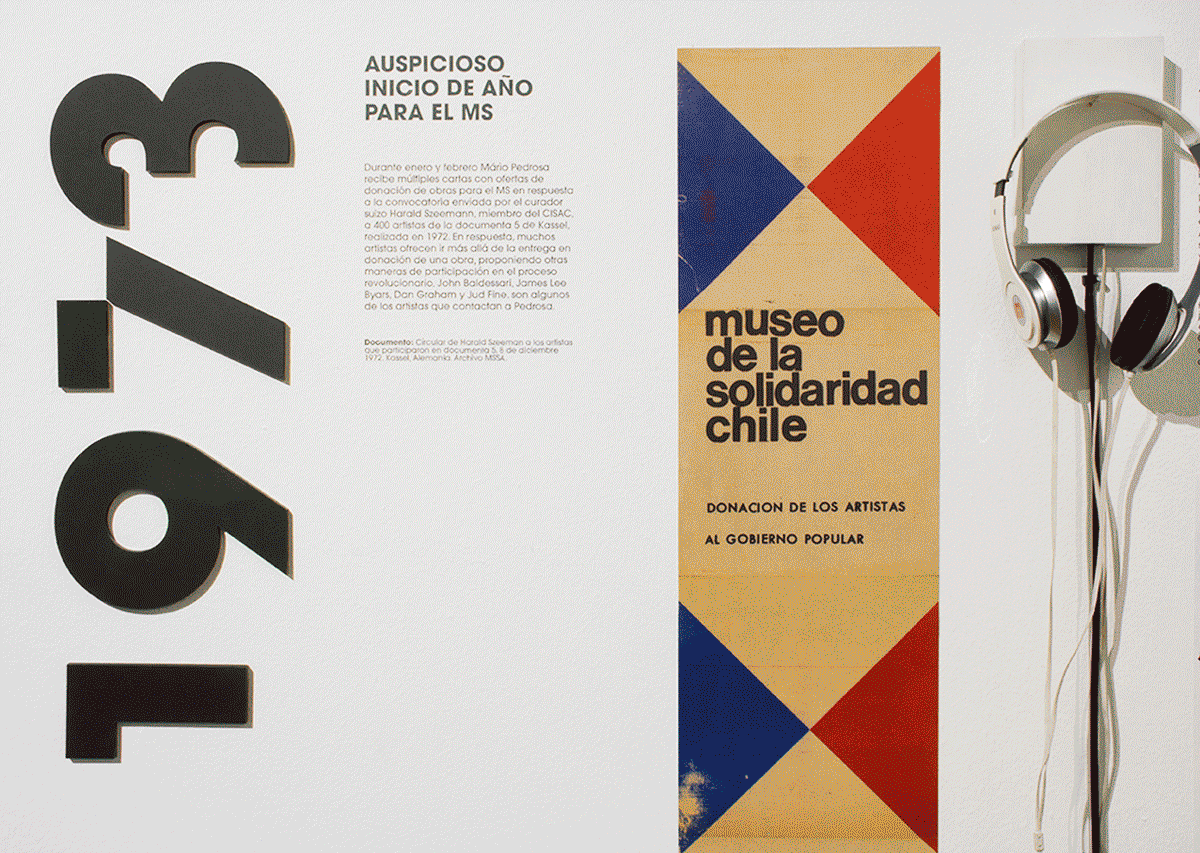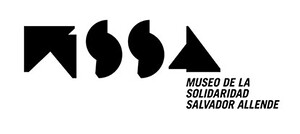May 17, 2018
Región Metropolitana
Av. República 475
8370269 Santiago
Chile
Hours: Tuesday–Sunday 10am–6pm
T +56 2 2689 8761
museo@mssa.cl
With one of the most relevant collections of modern and contemporary art in Latin America, the Museo de la Solidaridad Salvador Allende (Museum of Solidarity Salvador Allende) has been for 46 years an institution that creates local, national and international collaborative networks, which results in research and exhibitions that seek to resonate with its history, strongly identified with utopia and resistance.
“A museum for the people of Chile” was the idea that materialized on May 17 of 1972, with the first exhibition in the Museo de la Solidaridad. Through a call to the artists of the world, promoted by then-president Salvador Allende and led by the Brazilian art critic Mário Pedrosa, with the help of outstanding intellectuals such as Dore Ashton, Jean Leymarie and Harald Szeemann, donations of art works quickly started arriving from different corners of the world. Lygia Clark, Frank Stella, Joan Miró and Víctor Vasarely were the first to send their creations, laying the foundations of a solidary model for a museum, characterized by its ethical and aesthetic commitment.
Designed to be an experimental and open center, the museum was dismantled after the coup d’état in 1973. Its creators suffered exile and clandestinity, and several works from the collection were lost. The reorganization of this initiative in 1975, from La Habana and Paris by its founders, was a gesture of resistance: each exhibition that opened in Latin America and Europe was effectively a denunciation of the dictatorship in Chile. The collection continued to grow with new donations and, with the return to democracy in 1990, the museum was institutionally established in Santiago.
Currently, two exhibitions that remember and weave these utopian stories are on display at the MSSA.
The exhibition Debut.43 Works Reunite with Their Collection celebrates the restitution of works that were hidden for four decades in the Museo Nacional de Bellas Artes (National Museum of Fine Arts) in Santiago, deep within their deposits after the coup. The recovery of these works—among which are the creations of the Americans Nancy Graves and Robert Motherwell, the Japanese Tetsuya Noda and the “Armando Zegrí” fund, named in honor of the Chilean journalist who founded in New York a landmark gallery of Latin American art in 1953—is the result of research carried out inter-institutionally with countries such as Cuba, Mexico and England.
The case of the MSSA was not an isolated initiative regarding international ventures committed to political and social causes. That is what the exhibition Past Disquiet, which is currently open, unveils after landing at the MACBA in Barcelona (2015) and the Haus der Kulturen der Welt in Berlin (2016). The exhibition, of graphic and documentary character, was curated by the Lebanese researchers Kristine Khouri and Rasha Salti, with the active participation of the MSSA. This research, which provides new perspectives towards to Western art, connected the history of the museums of solidarity of Palestine, Nicaragua, South Africa and Chile, created during the convulsive 1970s and 1980s.
Both exhibitions are driven by conferences, experimental workshops and guided tours aimed at diverse audiences, with an emphasis on the community surrounding the museum, which is composed of university students, senior citizens and Latin American migrants. These networks with the local community will have their own expression in an exhibition on the neighborhood, scheduled for the second semester of 2018, which will have an unprecedented collaborative curatorship.


